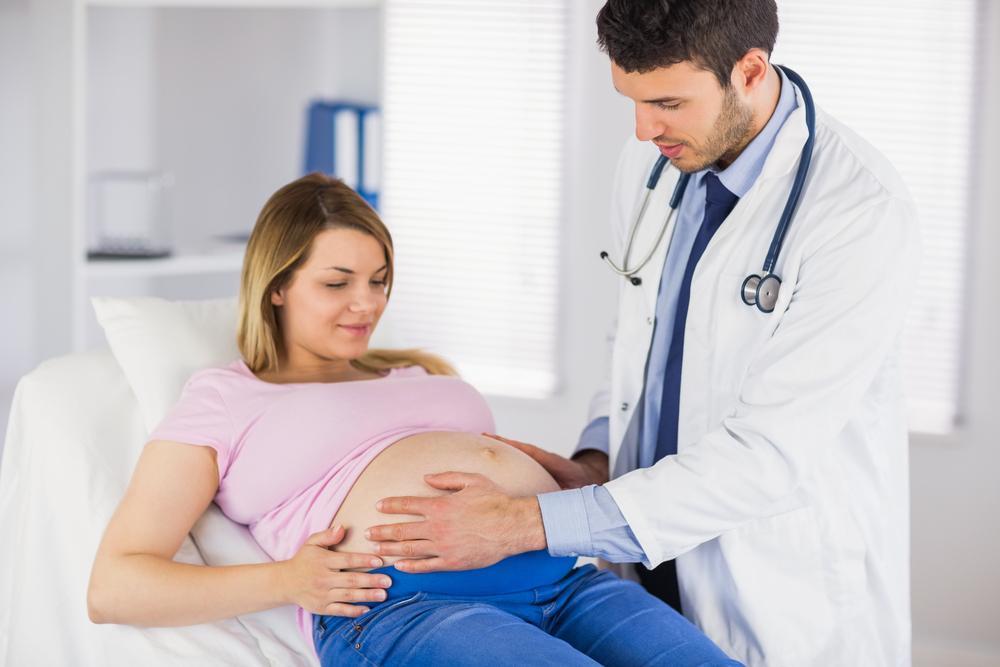
How Do I Improve My Chances of Getting Pregnant?

In order to get pregnant optimal ovulation, anatomy, sperm, and timing are critical factors. Infertility is the inability to get pregnant after 12 months of unprotected intercourse. The causes can equally vary between men and women. The chances of getting pregnant progressively increase from 20% at 1 month to 90% at 12 months, plateauing around the 6 month mark at which time it is optimal to seek medical advice to avoid unnecessary stress.
There are 5 female contributing factors to infertility. Pituitary disorders, ovulation disorders, pelvic/tubal/or uterine disorders, immunologic disorders, and unexplained causes. The 7 most common female infertility warning signs are irregular periods (regular cycles generally occur between 21-35 days), periods that suddenly stop, severely painful periods, pain during sex, growth of unwanted dark hair on your face, shedding excessive hair on a daily basis, and poor sex drive. All these signs can be evaluated and treated by an experienced OB/GYN or reproductive endocrinologist.
There are 5 male contributing factors to infertility. Healthy life style and weight, sperm (quality, quantity of ½ to 1 tablespoon, and ability to swim), erectile dysfunction, semen quality, and sperm DNA fragmentation index. The 7 most common male warning signs are small or soft testicles when compared to the size and firmness of an apricot, painful or difficult ejaculation, darker or lighter ejaculation color than pearly white, pain or swelling of the testicles, chronic poor sense of smell, low sex drive, and enlarged breasts. All these signs can be evaluated by a reproductive endocrinologist or specialized urologist.
There are three simple suggestions from Dr. Siudmak, OB GYN that may improve your chances of fertility or getting pregnant. First, know exactly when you are ovulating using an App, a pee stick, or a chart. Ovulation is generally 14 days prior to the start of your period. Hold off from ejaculating from 6 days prior to ovulation. Then, attempt getting pregnant 3 days before ovulation, then again 2 days later (the day the pee stick changes color), and yet again 1 day after ovulation. For example if your cycle is 28 days it suggests ovulation to be on day 14th. Hold ejaculation from day 9 after the first day of your last period followed by intercourse on day 11th, 13th, and 15th. Secondly, as you are trying to conceive the future expecting mother should stay laying on her back for 20-30 minutes with a pillow under her pelvis to assist the little sperm swimmers upstream to the awaiting egg. Last but not least, as you are trying to get pregnant the prospective father should take male prenatal or fertility vitamins expecting to see changes after complying for 3 consecutive months and continue to take them until pregnancy has been successful while only using sperm friendly or fertility friendly lubricants. Stay cool, reduce your stress and enjoy the journey!
You Might Also Enjoy...


CORONAVIRUS, KEEP YOUR BODY AND MIND HEALTHY

The 3 Most Important Factors to Know about Contraception

5 Good Reasons to Manage Gestational Diabetes during pregnancy

Why is Flossing Important During Pregnancy?



